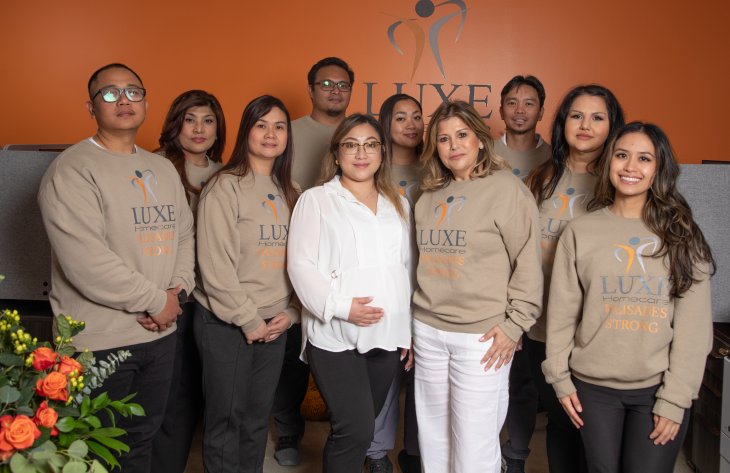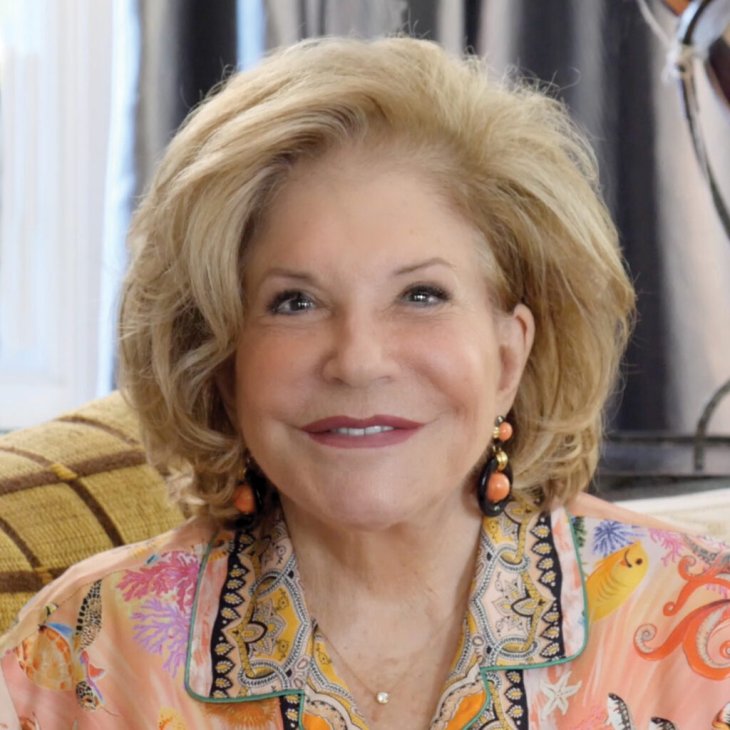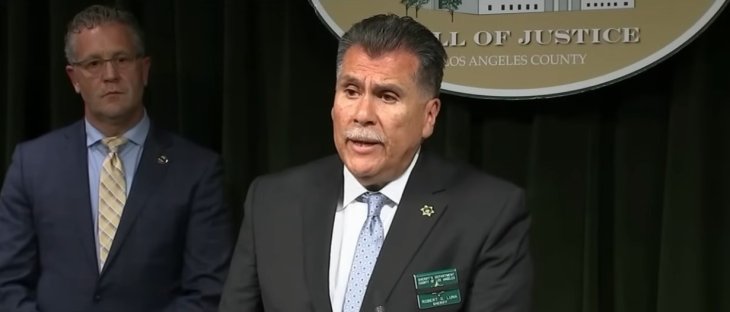Move Comes After More Restaurants and Stores Stop Accepting Cash
By Dolores Quintana
Council District 10’s Councilwoman, Heather Hutt, has introduced a motion to the Los Angeles City Council that would ban cashless businesses. On this day, Councilwoman Heather Hutt introduced a pivotal motion aimed at prohibiting cashless retail businesses within the Los Angeles area.
The cities of Berkeley, Philadelphia, San Francisco, Washington D.C., and the states of New Jersey, Rhode Island, and Colorado have laws that prohibit cashless businesses. The state of Massachusetts has banned cashless businesses since 1978.
Los Angeles, known for its commitment to fostering economic participation among its residents, recognizes the importance of enabling all citizens to engage in commerce. Nevertheless, a substantial portion of the American population faces barriers to accessing traditional banking services or credit facilities, limiting their ability to partake in consumer transactions unless they can conduct payments with physical currency.
The exclusion of cash payments within the marketplace disproportionately affects marginalized communities, including low-income individuals from diverse backgrounds, young individuals who do not meet credit or debit card age requirements, and seniors who have yet to transition to digital payment methods. Councilwoman Hutt’s motion seeks to initiate proceedings that will prompt the City Attorney to draft and present an ordinance banning cashless retail establishments in Los Angeles.
Councilwoman Heather Hutt emphasized the importance of this initiative by stating in a press release, “Cashless businesses inadvertently create an economic environment within our city that lacks inclusivity and accessibility for all members of our community.”
Hutt added, “There are many unbanked groups, including BIPOC and low-income communities, that rely on cash to pay for goods and services. As a City that has promised to be a safe and fair place for all, we must be proactive in ensuring that all our systems create fairness and equity for each and every individual.”





















